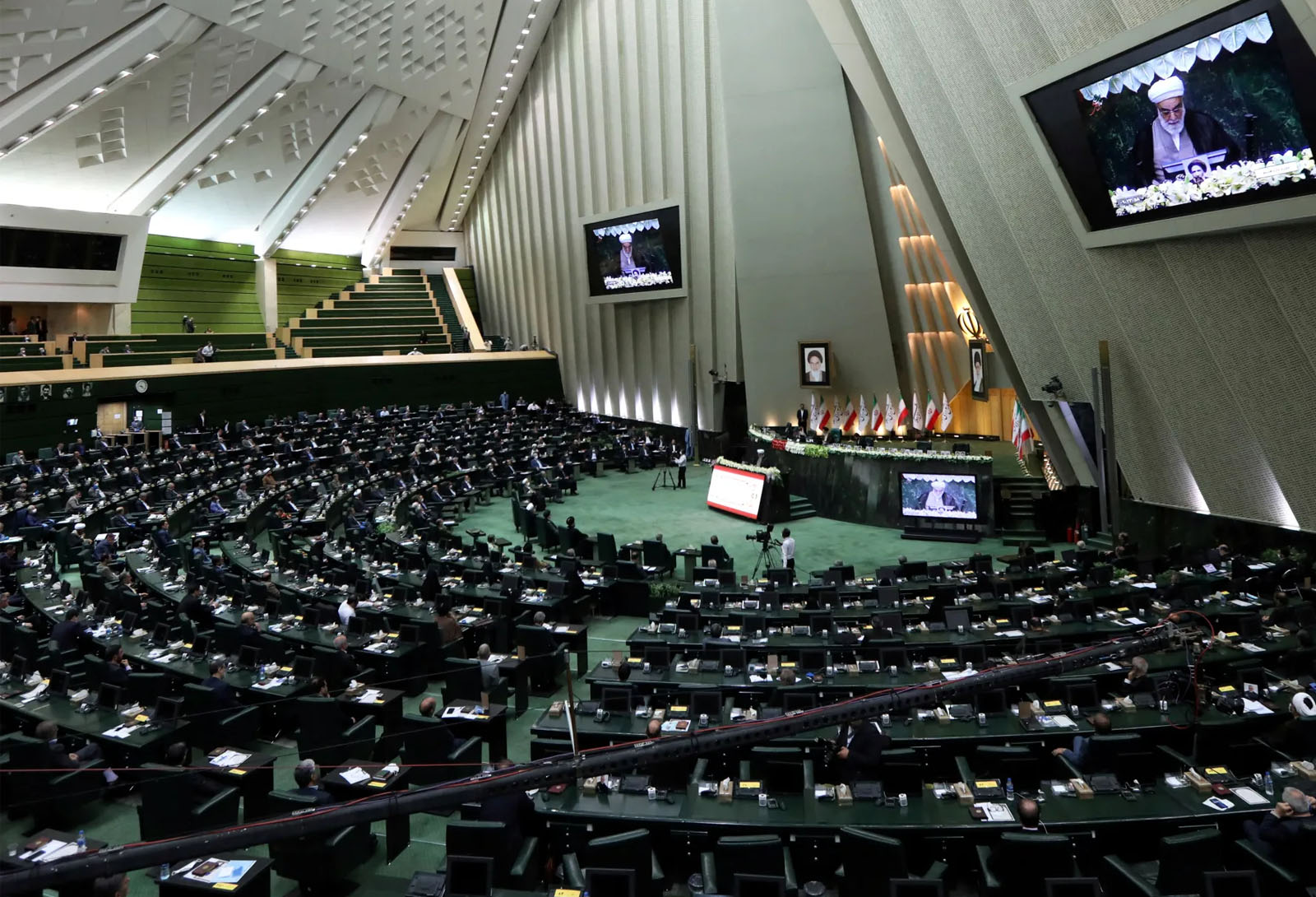Iran’s foreign ministry revealed Monday that lawmakers are preparing legislation that could push the country to withdraw from the Nuclear Non-Proliferation Treaty (NPT). Spokesperson Esmaeil Baghaei clarified that while no final decision has been made, the government will coordinate with parliament as the bill progresses. The move follows heightened tensions after Israel bombed Iran last week, alleging Tehran was close to building a nuclear bomb—a claim Iran denies.
The NPT, which Iran ratified in 1970, permits signatories to develop civilian nuclear programs but bans atomic weapons. Despite Tehran’s insistence that its nuclear activities are peaceful, the IAEA recently declared Iran in violation of its NPT commitments. President Masoud Pezeshkian reiterated that nuclear weapons contradict a religious edict by Supreme Leader Ayatollah Khamenei, reinforcing Iran’s official anti-nuclear arms policy.
Baghaei linked Israel’s attack to an IAEA resolution against Iran, accusing the resolution’s supporters of enabling the strike. “Those voting for the resolution prepared the ground for the attack,” he said. Israel, which is not an NPT member, is widely believed to possess nuclear weapons—a point Baghaei emphasized, calling it “the only possessor of WMDs in the region.”
While state media reported that parliament has not yet decided on quitting the NPT, the draft bill reflects growing frustration with international pressure. Analysts warn that withdrawal could deepen Iran’s isolation and trigger further regional instability. As debates continue, the world watches whether Tehran will escalate its nuclear stance or seek diplomatic solutions.














